The Questioner: Abū Dāwūd narrated from ʿUqbah ibn ʿĀmir, [and] he said: We were with the Messenger of Allah ﷺ until he said: I heard him say, “[…] There is none among you who performs and perfects his wuḍūʾ, then stands and prays two rakʿahs, focused on them with his heart and face, except that [Paradise] has been made obligatory for him.” This ḥadīth is reported in Fiqh al-Islām: Sharḥ Bulūgh al-Marām from Jamʿ Adillat al-Aḥkām, written by ʿAbd al-Qādir Shaybah al-Ḥamd. What is the authenticity of this ḥadīth?
Shaykh Muqbil: All praise is for Allāh. We praise him [alone], seek His help [alone], and seek His forgiveness [alone]. We seek refuge in Allāh from the evil within ourselves and our evil deeds. Whomever Allāh guides, there is none who can misguide him; and whomever He leads astray, there is none to guide him. I bear witness that there is no deity worthy of worship in truth except Allāh alone, without any partner, and I bear witness that Muḥammad is His servant and Messenger—may blessings and peace be upon him, his family, and all of his Companions.
To proceed:
The ḥadīth is ṣaḥīḥ, as it was narrated by Muslim. And the origin of the ḥadīth is that ʿUqbah ibn ʿĀmir was the camel herder on that day, and he had returned, as the Prophet ﷺ was saying:
«مَا مِنْ مُسْلِمٍ يَتَوَضَّأُ فَيُحْسِنُ الْوُضُوءَ، ثُمَّ يُصَلِّي رَكْعَتَيْنِ، إِلَّا دَخَلَ الْجَنَّةَ»
“There is no Muslim who performs wuḍūʾ and perfects his wuḍūʾ, then stands and prays two rakʿahs except that he will enter Paradise.”
So ʿUqbah ibn ʿĀmir said, “Bakh bakh!” ʿUmar said, “And what is ‘Bakh bakh?'” What came before it is greater than it.”
So he said, “And what is that which came before it?”
He said, “I heard the Messenger of Allah ﷺ say:
«مَن تَوَضَّأَ فَأَسْبَغَ الْوُضُوءَ، ثُمَّ قَالَ: أَشْهَدُ أَنْ لَا إِلَٰهَ إِلَّا اللَّهُ وَحْدَهُ لَا شَرِيكَ لَهُ، وَأَشْهَدُ أَنَّ مُحَمَّدًا عَبْدُهُ وَرَسُولُهُ، إِلَّا فُتِحَتْ لَهُ أَبْوَابُ الْجَنَّةِ، يَدْخُلُ مِنْ أَيِّهَا شَاءَ»
“Whoever performs wuḍūʾ and perfects the wuḍūʾ, then says:
‘I bear witness that there is no deity except Allah alone with no partner, and I bear witness that Muḥammad is His slave and Messenger,’
the gates of Paradise will be opened for him, and he may enter from whichever of them he wishes.”
As for the adhkār (the supplications), then none have been authentically established except the ḥadīth of ʿUmar, “Bismillāh at its beginning,” and it is from the ḥadīth of Abū Hurayrah.
As for the compilation [which mentions], “I bear witness that there is no deity except Allah alone with no partner, and I bear witness that Muḥammad is His slave and Messenger,” at-Tirmidhī made an addition:
«اللهم اجعلني من التوابين واجعلني من المتطهرين»
“O Allah, make me among the ones who are repentant and make me among the purified!”
And this addition has within it weakness; so much so that even at-Tirmidhī himself said, “Indeed, the ḥadīth is weak,” and as for the adhkār that are said at each limb, then they are not authentically established.
This was mentioned by al-Ṣanʿānī in Subul al-Salām, and al-Shawkānī in Nayl al-Awṭār, and also al-Nawawī in al-Adhkār, and al-Ḥāfiẓ Ibn Ḥajar, may Allah have mercy on him, included them in al-Adhkār, but they do not have a chain [of narration] suitable enough to be evidence (hujjah); rather they are only suitable as ash-Shawāhid (supporting narrations that can match in meaning) and al-Mutābaʿāt (supporting narrations from other than the original Companion that are used to strengthen them).
And Allah is the One whose help is sought.
From the tape: The Sunni Answers to the Questions of at-Tanzāniyyah
